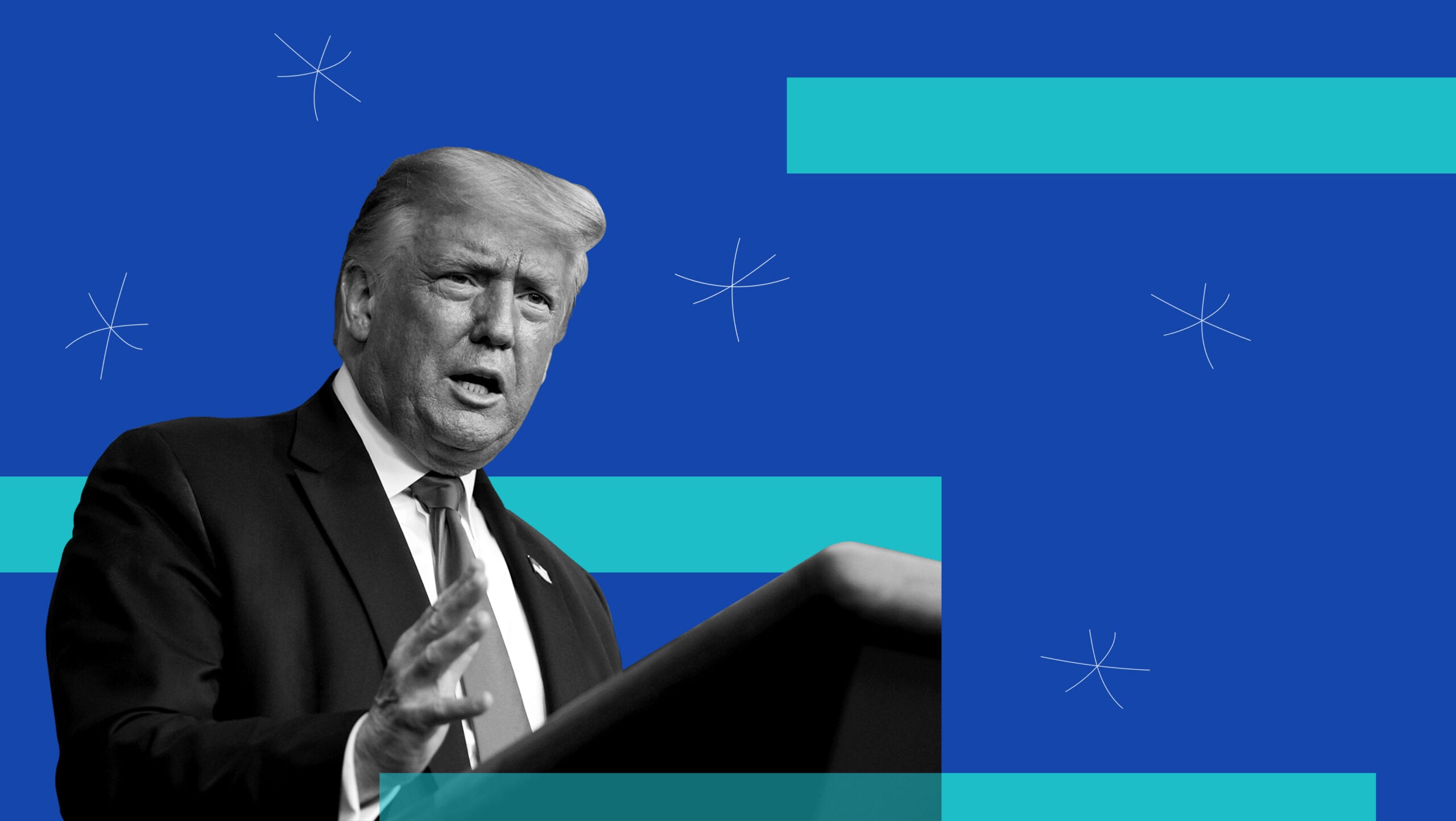This editorial first appeared in the inaugural edition of Rainbow Votes 2020 sent out to subscribers on August 11. To get content like this delivered straight to your inbox, subscribe today.
The late queer writer and mid-20th century bon vivant Gore Vidal famously referred to America as the “United States of Amnesia,” a phrase that became so associated with the author that it was the title of a documentary about his life. “We learn nothing because we remember nothing,” he said. It’s a distinctly Vidalian take on an old aphorism: “Those who do not learn history are doomed to repeat it.”
Although a real condition, amnesia as we know it is largely a soap opera fiction: the idea that one day, any of us may suddenly wake having no recollection of who we are, only to rediscover ourselves like the titular corporate lawyer in Regarding Henry (played by Harrison Ford). But it’s hard not to feel, as Vidal did, that America has subjected itself to a long process of willful forgetting—not only of the horrors of our past, such as the burdens of slavery and institutional racism that our culture continues to bear today, but also of the present moment. There is so much pain and suffering to reckon with on a daily basis—whether it’s babies caged in immigrant detention centres or the children of LGBTQ2 couples being denied citizenship rights—that it can be difficult to catalogue every indignity. (Remember when Donald Trump tossed paper towel rolls at Puerto Ricans without electricity or power following Hurricane Maria?) Even Trump’s impeachment, which once dominated the news cycle, feels like a faint memory.
A newsletter can serve many purposes. The first U.S. newsletters appeared in the early 18th century as a means to inform colonial settlers of goings-on back in England, a proto “ICYMI” prior to the advent of social media. For the nascent LGBTQ2 liberation movement, newsletters were an engine of organizing and activism in the 1950s and ’60s, allowing people to pool resources and link up to protest a society that viewed them as less than human.
“I hope these bulletins are part of a wider process of remembering that we are now seeing in cities and towns that have linked arms against oppression in the U.S. and around the world”
This newsletter, Rainbow Votes 2020, will serve, in some capacity, as both of those things. It’s a guide to all the important stories that readers might miss as we inch closer to the 2020 election—featuring original reporting, op-eds and commentary—and a tool by which each of us can get connected to the activists and organizations who are fighting to preserve the future of democracy. But as its humble curator who will be putting these digests together every other week until November 3, I hope these bulletins are part of a wider process of remembering that we are now seeing in cities and towns that have linked arms against oppression in the U.S. and around the world.
One thing that separates amnesia as a literary device from its clinical, real-world equivalent is that, when an individual experiences memory loss as a result of brain damage, those experiences are rarely regained; there is no third-act epiphany set to a plaintive Thomas Newman score. But cultural memory, as Vidal understood it, is rarely lost forever. As we have seen in the protests and calls for transformational change following George Floyd’s death, it is waiting to be reclaimed by those willing to receive it. Vidal may have been cynical about whether Americans ultimately had the desire to recover those fundamental truths, but truth is among our most precious commodities. As we have countlessly observed over the past four years, that record must be preserved and meticulously documented, otherwise it slips away as if it were a friend recounting a dream they once had.
May this newsletter be such a document: a reminder of what America was amid the 2020 election cycle and—with any hope—of the existential evil that it chose to expel from the Oval Office. May it be a record of that which is waiting to be recovered.

For more U.S. politics delivered straight to your inbox, subscribe to Rainbow Votes 2020 today! Enter your email address below:
You can unsubscribe at any time by clicking the link in the footer of our newsletters. Our emails may contain promotional messages, please see our Privacy Policy.


 Why you can trust Xtra
Why you can trust Xtra


